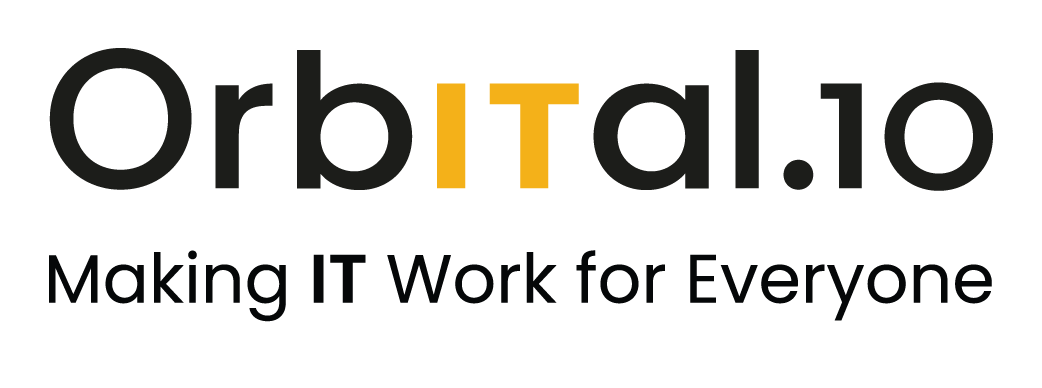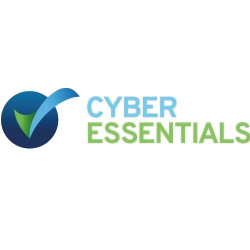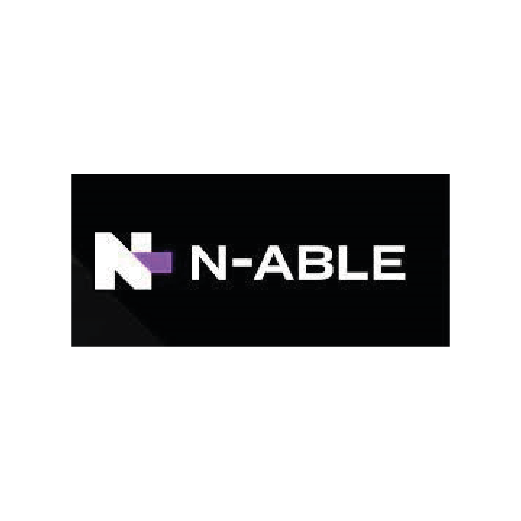These everyday objects could lead to identity theft.
You wouldn’t think a child’s toy could lead to a breach of your personal data, but this happens all the time. What about your rubbish bin sitting outside - is it a treasure trove for an identity thief?
Many everyday objects can lead to identity theft. They often get overlooked because people focus on their computers and cloud accounts. It’s important to have strong passwords and use antivirus on your PC, but you also need to be wary of other ways that hackers and thieves can get to your personal data.
Here are six common things that criminals can use to steal your information.
1. Old Smart Phones
People replace their smartphones on average about every two and a half years. That’s a lot of old phones laying around containing personal data. Just think of all the information our mobile phones hold.
We have synced connections with cloud services. Plus phones also hold banking apps, business apps, and personal health apps. These are all nicely stored on one small device.
As chip technology has advanced, smartphones have been able to hold more “stuff.” This means documents and spreadsheets can now be easily stored on them. Along with reams of photos and videos.
A cybercriminal could easily strike data theft gold by finding an old smartphone. They often end up at charity shops, on eBay (and alike) or in the bin. You must make sure that you properly clean any old phones by erasing all the data. You should also dispose of them properly, you shouldn’t just throw electronics away like normal rubbish.
2. Wireless Printers
Most printers are wireless these days. This means they are part of your home or work network, making printing from another room convenient. But the fact that your printer connects to the internet can leave your data at risk.
Printers can store sensitive documents, such as tax paperwork or contracts. Most people don't think about printers when putting data security protections in place, which potentially leaves them open to a hack. When this happens, a hacker can get data from the printer and they could also leverage it to breach other devices on the same network.
Protect printers by ensuring you keep their firmware updated - always install updates as soon as possible. You should also turn it off when you don’t need it, because when it’s off it’s not accessible by a hacker.
3. USB Sticks
Have you ever run across a USB stick just laying around? Perhaps you thought you scored a free removable storage device, or you are a good Samaritan and want to try to return it to the rightful owner. But first, you need to see what’s on it to find them...
You should never plug a USB device of unknown origin into your computer. This is an old trick in the hacker’s book, as they plant malware on these sticks and then leave them around as bait. As soon as you plug it into your device, it can infect it.
4. Old Hard Drives
When you are disposing of an old computer or old removable drive, make sure it’s clean. Just deleting your files isn’t enough - computer hard drives can have other personal data stored in system and program files.
Plus, if you’re still logged into a browser, a lot of your personal data could be at risk. Browsers store passwords, credit cards, visit history, and more.
It’s best to get help from an IT professional to properly erase your computer drive. This will make it safe for disposal, donation, or reuse.
5. Rubbish Bin
Identity theft criminals aren’t only online. They can also be trolling the neighbourhood on rubbish days (or the night before, when you put your bins out). Be careful what you throw out.
It’s not unusual for rubbish to enable identity theft, as it can include pre-approved credit card offers that you considered “junk mail.” Your rubbish can also hold voided checks, old bank statements, and insurance paperwork. Any of these items could have the information thieves need to commit fraud or pose as you.
A shredder can be your best friend in this case. You should shred any documents that contain personal information - do this before you throw them out. This extra step could save you from a costly incident.
6. Children’s Smart Devices
Electronic bears, smart kid watches, Wi-Fi-connected Barbies… all toys that hackers love. Mattel's Hello Barbie was found to enable the theft of personal information, and a hacker could also use its microphone to spy on families.
These futuristic toys are often what kids want. Parents might think they’re cool, but don’t consider their data security. After all, these are children’s toys. But that often means they can be easier to hack. Cybercriminals also zero in on these smart toys, knowing they aren’t going to be as hard to breach.
You should be wary of any new internet-connected devices you bring into your home. That includes toys! Install all firmware updates. Additionally, do your homework to see if a data breach has involved the toy.
Schedule a Home IT Security Audit & Sleep Better at Night
Don’t let the thought of identity theft keep you up at night. Give us a call today and schedule a home IT security audit. You’ll be glad you did. Contact us >
Cybersecurity, home cybersecurity, cyber threats, hackers
Article used with permission from The Technology Press.
Source: https://www.theguardian.com/technology/2015/nov/26/hackers-can-hijack-wi-fi-hello-barbie-to-spy-on-your-children



























